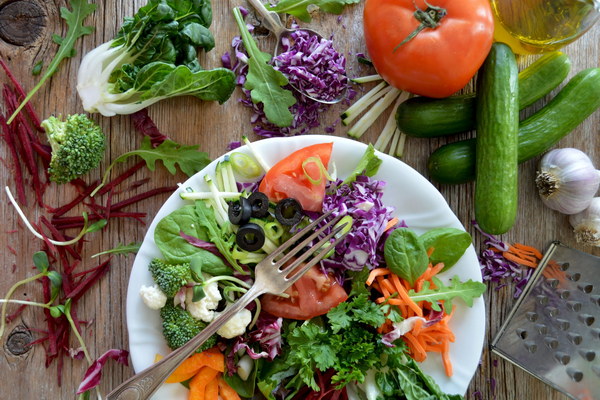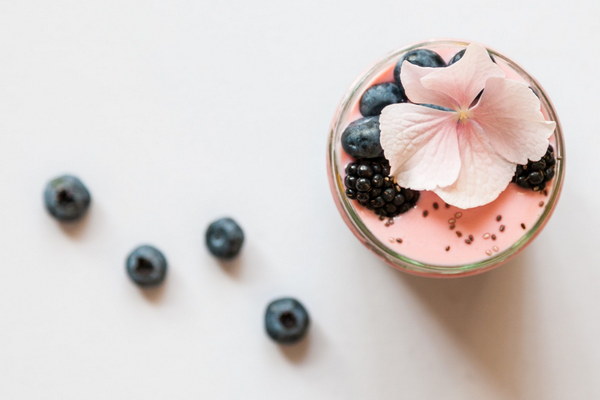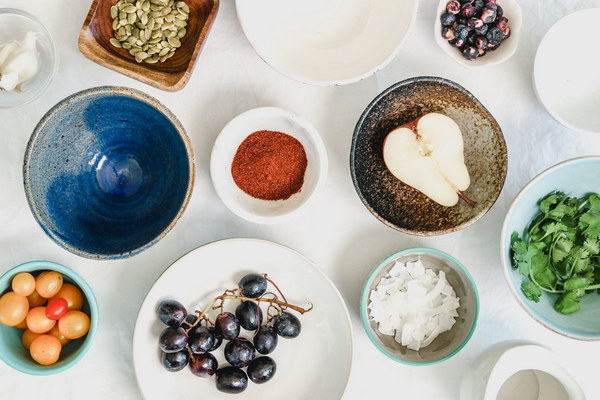Boost Your Pregnancy Iron Levels Essential Nutritional Tips for Mid-Pregnancy Anemia
Introduction:
Anemia during pregnancy is a common concern for many expectant mothers. It occurs when your body lacks enough healthy red blood cells to carry adequate oxygen to your tissues. While anemia can be managed through medication, dietary adjustments are also crucial. This article provides essential nutritional tips to combat mid-pregnancy anemia and ensure a healthy pregnancy.
1. Include Iron-Rich Foods in Your Diet:
Iron is a vital nutrient for the production of hemoglobin, the protein in red blood cells that carries oxygen. Incorporate the following iron-rich foods into your daily meals:

- Red meat (beef, lamb, and pork)
- Poultry (chicken and turkey)
- Fish (tuna, salmon, and shrimp)
- Legumes (lentils, chickpeas, and kidney beans)
- Leafy greens (spinach, kale, and collard greens)
- Fortified cereals and bread
- Dried fruits (raisins, apricots, and prunes)
2. Enhance Iron Absorption:
To maximize the absorption of iron from your diet, pair iron-rich foods with vitamin C sources. Here are some examples:
- Citrus fruits (oranges, grapefruits, and lemons)
- Berries (strawberries, blueberries, and raspberries)
- Tomatoes
- Bell peppers
- Spinach
- Broccoli
- Cauliflower
Vitamin C helps your body absorb iron more efficiently. Avoid consuming dairy products, tea, and coffee with iron-rich foods, as they can inhibit iron absorption.
3. Consider Iron Supplements:
If your doctor recommends iron supplements, take them as prescribed. It's important to follow the recommended dosage to avoid potential side effects. To improve the absorption of iron supplements, take them on an empty stomach or with vitamin C-rich foods.
4. Stay Hydrated:
Drinking plenty of water is crucial during pregnancy to maintain overall health and aid in the absorption of iron. Aim for at least 8-10 glasses of water per day.
5. Manage Your Iron Deficiency:
If you have anemia, it's essential to manage your condition throughout pregnancy. Follow these tips:
- Follow a balanced diet rich in iron and vitamin C.
- Take iron supplements, if prescribed.
- Regularly monitor your hemoglobin levels.
- Rest and take breaks when needed to avoid fatigue.
- Consult with your healthcare provider for further guidance.
Conclusion:
Mid-pregnancy anemia can be a concern for many expectant mothers. By including iron-rich foods, enhancing iron absorption, and staying hydrated, you can help manage anemia and ensure a healthy pregnancy. Consult with your healthcare provider for personalized dietary and supplement recommendations.









